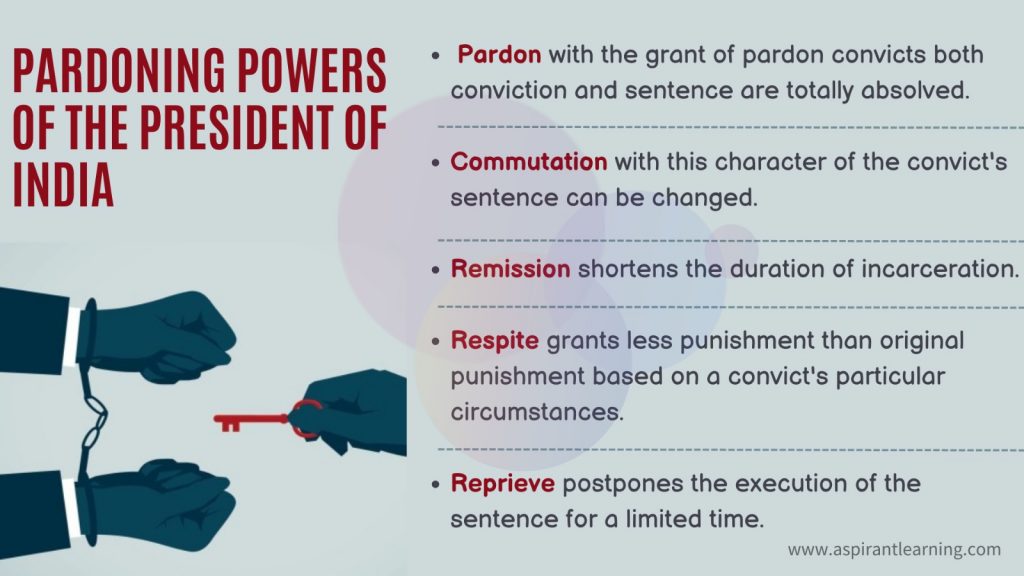News Highlight
Supreme Court lowers the criterion for appointment as The President, a member of consumer forums.
Key Takeaway
- The Supreme Court on March 3 stated that lawyers and professionals with 10 years of experience would be eligible for appointment as President.
Key points as per Supreme Court
- The lawyers and professionals with 10 years of experience will be eligible for appointment as President.
- As well as members of the state consumer commission and district forums.
- The Central Government and the respective state governments must amend the Consumer Protection Regulations, 2020.
- It is to allow for at least ten years of experience before being appointed president instead of 20 and 15 years as members of the state commission and district forums.
- In exercising powers under Article 142 of the Constitution to ensure complete justice, directed that until suitable amendments are made.
- A person with a bachelor’s degree from a recognised university and professional experience of not less than 10 years in consumer affairs, law, public affairs, administration, and economics can qualify for the posts.
- Individuals with comparable expertise in business, industry, finance, management, engineering, technology, public health, or medicine are also eligible for nomination to the State Commission.
- According to Article 233 of the Constitution, a barrister must have only 7 years of experience as an advocate in the High Court.
- Under the circumstances, providing 20 years’ experience under Rule 3(2)(b)is unconstitutional, arbitrary, and in violation of Article 14 of the Indian Constitution.
President of India
- About
- The Indian President is the country’s head of state.
- He is India’s first citizen, symbolising solidarity, togetherness, and integrity.
- In addition, he is a member of the Union Executive, the provisions of which are addressed in Articles 52-78, including articles concerning the President (Articles 52-62).
- Together with the Vice-President, Prime Minister, Council of Ministers, and Attorney-General of India.
- Election Process
- The Indian President is not elected directly.
- An electoral college elects him.
- The electoral college comprises elected members of the following groups:
- Lok Sabha and Rajya Sabha.
- Legislative Assemblies of the states.
- Legislative Assemblies of the Union Territories of Delhi and Puducherry.
- Constitutional Provisions
- Article 54: Election of President
- Article 55: Procedure of election of President.
- Article 56: Term of office of President
- Article 57: Eligibility for re-election.
- Article 58: Qualifications for election as President
The Term of the President’s office
- Once elected, the President serves for five years.
- He remains in office even after five years if no new elections have been held or a new President has been elected.
- He can also be re-elected, and there is no term limit.
The Qualifications of the President
- He should be a citizen of India.
- His age should be at least 35 years old.
- He should meet the requirements for election to the Lok Sabha.
- He should not occupy any profit-making position in the federal government, state government, or public authority.
Executive Powers of The President
- Every executive action done by the Indian government has to be taken in his name.
- He may or may not adopt guidelines to ease the central government’s commercial transactions.
- He appoints the Attorney General of India and sets his salary.
- He appoints the following individuals:
- Comptroller and Auditor General of India (CAG).
- Chief Election Commissioner and other Election Commissioners.
- Chairman and members of the Union Public Service Commission.
- State Governors.
- Finance Commission of India chairman and members.
- He requests administrative data from the Union government.
- He mandates the Prime Minister to report to the Council of Ministers any topic on which a minister has made a decision but has not been considered by the council.

Pic Courtesy: Tribune India
Content Source: Business Standard



